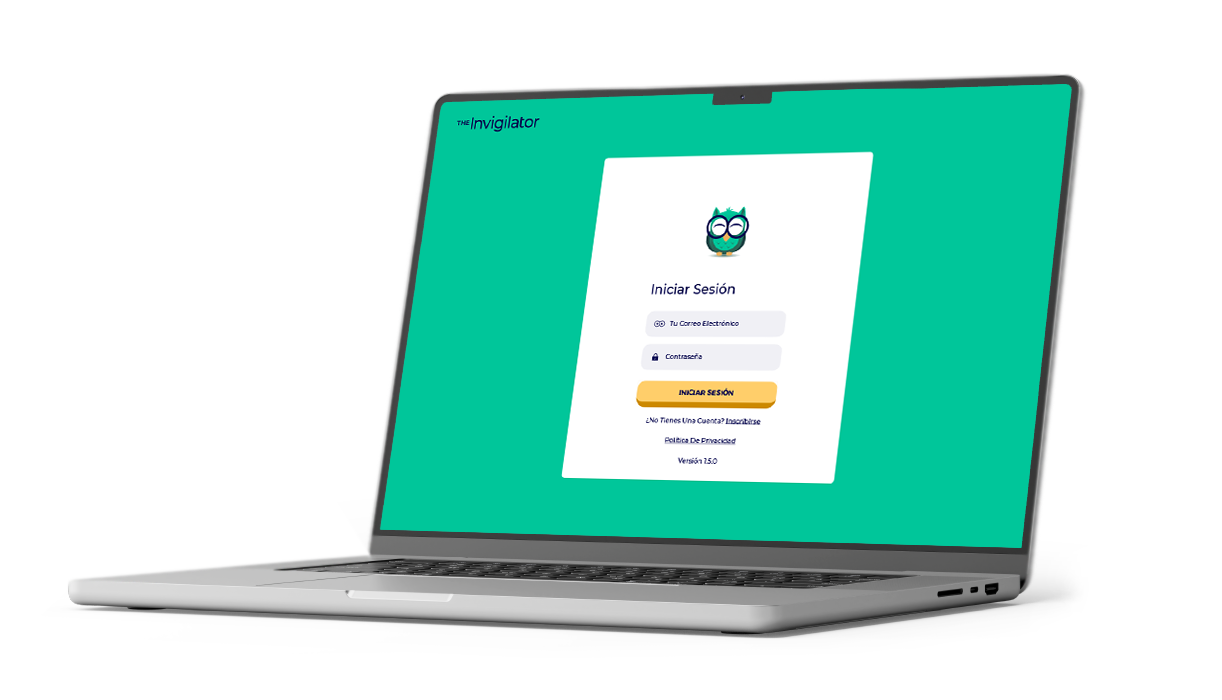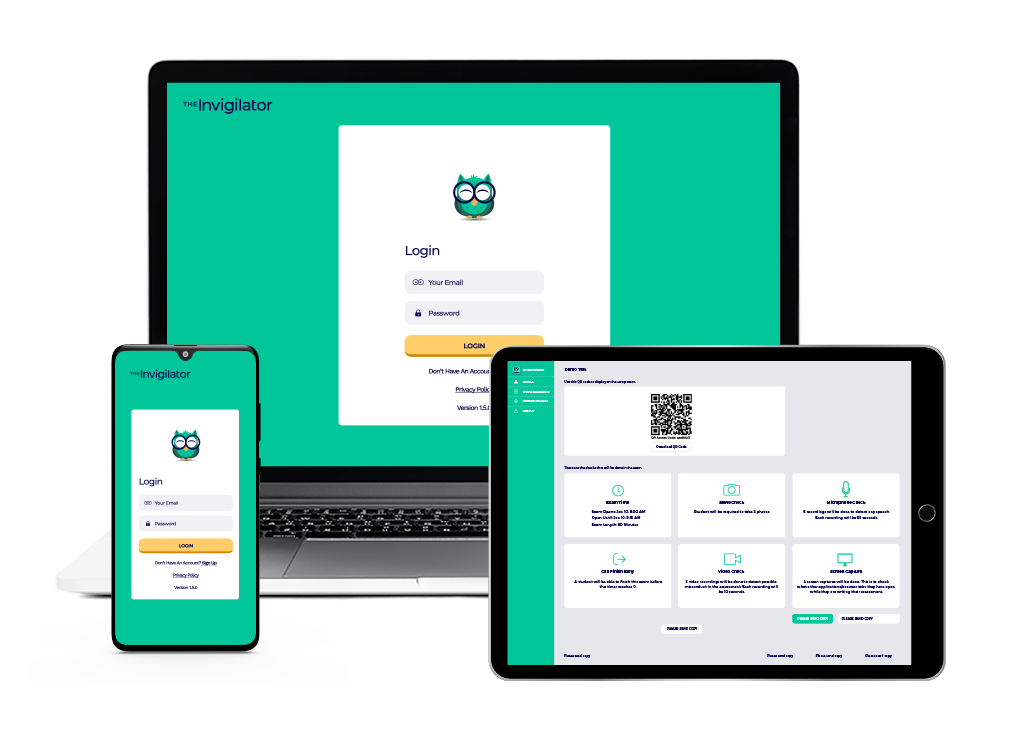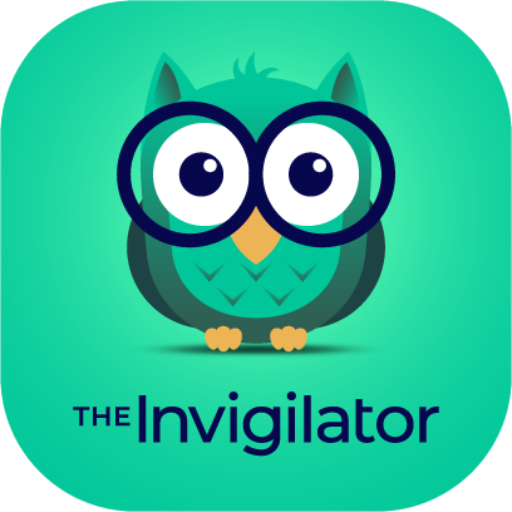Education in South Africa is rapidly evolving, with remote assessments emerging as a fundamental part of modern learning. As institutions adapt to a digital-first approach, they face challenges like ensuring fairness, inclusivity and accessibility.
Where rural living significantly influences education, these innovations are more than conveniences; they are necessities.
Bridging the Urban-Rural Divide
Rural communities in South Africa house a significant proportion of learners. According to Statistics South Africa, only 37.3% of rural households have internet access compared to 73.7% in urban areas. This disparity limits educational opportunities for students who cannot consistently access online learning platforms.
Historically, rural education has faced immense challenges, including limited infrastructure, teacher shortages and long commutes to schools. Remote assessments that function offline and work on entry-level devices ensure these barriers no longer prevent students from reaching their potential.
Improving Accessibility for All Learners
Institutions like Teneo Online School and Curro Academy have successfully implemented solutions to meet the needs of South African learners. Remote assessments eliminate the need for high-speed internet by using offline capabilities and low-data systems. These features allow students, regardless of location, to participate in evaluations without technical hindrances.
This accessibility fosters a sense of inclusion, ensuring that education is equitable across urban and rural areas. The ability to complete assessments remotely also empowers students who may otherwise struggle to attend traditional venues due to transport issues or personal circumstances.
Ensuring Integrity in Remote Settings
One of the greatest concerns with remote assessments is maintaining academic integrity. Institutions such as the University of Johannesburg and Varsity College have addressed this through advanced technologies. Features like facial recognition, GPS tracking and AI-based monitoring ensure that exams remain fair and credible.
For educators, these tools provide peace of mind, enabling them to focus on fostering learning rather than policing exams. This seamless integration of technology not only safeguards assessments but also strengthens trust between students and institutions.
Preparing Students for a Digital Future
Remote assessments prepare students for an increasingly digital world. In addition to technical skills, these assessments encourage adaptability, a crucial trait in the modern workforce. By integrating digital tools into the academic process, institutions like NWU Business School and Vega School equip their students with the confidence to thrive in dynamic environments.
This forward-thinking approach also aligns with South Africa’s broader goals of bridging the digital divide and encouraging innovation in education.
Contact The Invigilator Team to ensure accessible, reliable remote assessments for your students from all walks of life.
FAQs and Answers
- Why are remote assessments important in South Africa?
Remote assessments help bridge the education gap between urban and rural areas by ensuring all students, regardless of location, have fair access to quality education. - How do remote assessments improve accessibility for rural students?
They use offline capabilities and low-data solutions, enabling students with limited internet access or basic devices to participate in assessments without barriers. - Can remote assessments maintain exam integrity?
Yes, advanced technologies like facial recognition, GPS tracking, and AI-based monitoring are used to uphold fairness and credibility during remote exams. - What institutions in South Africa are using remote assessments?
Institutions such as Teneo Online School, Curro Academy, University of Johannesburg, Varsity College, NWU Business School, and Vega School are successfully implementing remote assessments. - Do remote assessments require high-speed internet?
No, remote assessments are designed to function offline or with minimal data requirements, ensuring accessibility for students in low-connectivity areas. - How do remote assessments prepare students for the future?
They help students develop digital literacy and adaptability, essential skills for succeeding in an increasingly technology-driven workforce. - Are remote assessments suitable for entry-level devices?
Yes, remote assessment solutions are optimised for use on entry-level smartphones and devices, making them widely accessible regardless of students’ economic backgrounds. - How can educational institutions implement remote assessments?
Institutions can contact solutions like The Invigilator Team to seamlessly integrate reliable, accessible, and secure remote assessment technologies.









